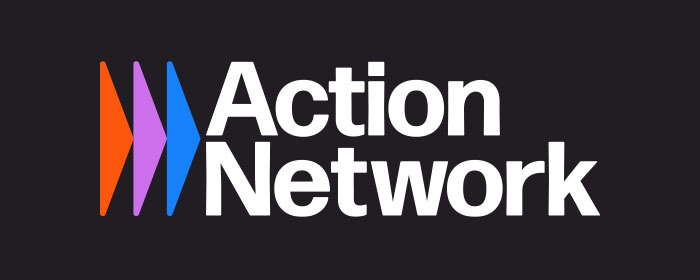Transportation Fairness Ashland
BACKGROUND
The City of Ashland is considering code changes to regulate Transportation Network Companies (TNCs) like Uber and Lyft. We know that there are significant concerns from drivers and the community about fairness as it relates to every component of our transportation system, especially TNCs. As a city, we need to strive to ensure that advances in the transportation system don’t perpetuate inequities which have existed for decades.
OUR SOLUTION
We are calling on the City of Ashland to establish a commission to examine conditions for drivers and riders in the transportation industry. This commission would include representatives from populations reliant on public transportation such as senior citizens and people with disabilities; drivers from TNC and taxi services; and representatives from TNC and taxi management. The commission’s scope would include, but not be limited to:
- Establishing wage rates;
- Creating rules governing driver discipline;
- Disclosures to drivers and riders to ensure all communities are being served equitably;
- Ensuring mechanisms that allow drivers to have access to their personnel files;
- Contesting pay discrepancies and addressing unilateral pay reductions by companies;
- Monitoring industry compliance with state labor and employment laws.
WHAT WOULD THE COMMISSION BE RESPONSIBLE FOR?
-
Consumer & Driver Protections: Investigating conditions and practices in the TNC industry and advising the Council on standards that ensure safe, reliable transportation by TNCs within the city, with emphasis on consumer and driver protections and establishing fair rates and driver compensation;
-
Ensuring Equity: Considering the effect of TNCs on the transportation system overall, including the financial and operational viability of the public transit system, and on transportation options for seniors, people of color, people with disabilities, and other people with equity concerns;
-
Resolving Disputes: Reviewing disputes between drivers and TNCs or consumers and TNCs regarding compliance with standards applicable to the industry that are brought to its attention, either through direct communications to the Board chair or at public hearing.




